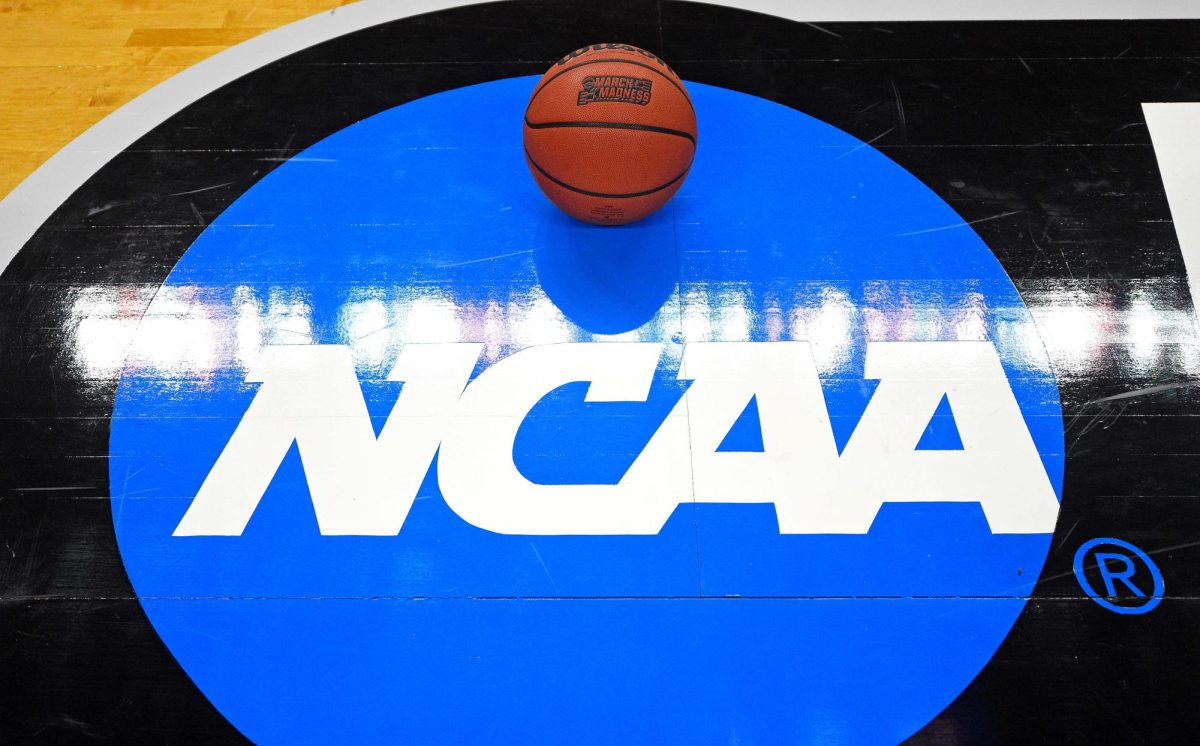Ben Tirbaso ‘16
After nearly two years of negotiation, Walgreens decided that it would complete its merger with Alliance Boots, a pharmacy of Ireland, but would leave its headquarters in the U.S. This course of action prevented an inversion, which could have caused Walgreens to adopt the U.K.’s tax policy. If city, state, and national taxes are considered, Walgreens pays roughly 40% in the U.S. as opposed to a possible 21% in Ireland.
In recent years, many companies in the United States have gone through an inversion. The process is rather complicated and is based upon laws passed during the Great Depression designed to prevent people from selling stocks and bonds at a cheaper tax rate through extra-national corporations. After several decades, conditions described by the law were being utilized to enact what are now called inversions, where a company merges with a foreign entity and reincorporates under the other company’s homeland. This is primarily performed for tax reasons, as most nations have a lower corporate tax rate than the United States.
However, after much debate and public outcry, Walgreens decided against the move. Many say that as result of Walgreens’ business mainly occurring in the United States, the pharmacy should pay taxes to the U.S. government. They cite that Medicaid reimbursement retains Walgreens’ interest in conducting business with the U.S., as it is a source of $17 billion in income. One course of action has been suggested that involves lowering corporate tax rates. Those who support lowering the rates say that the U.S. would be able to entice corporations in search of lesser taxation.
The controversy surrounding inversions will have a crucial effect on Cleveland, the company Eaton Corp recently followed through with its own inversion to Ireland. Eaton Corp has been located in Cleveland for over a century, producing various types of industrial equipment. Now that Eaton’s management is residing overseas, a source of millions of dollars for the city of Cleveland has dried up. But the situation is not entirely black and white: Eaton has stated that over 80% of its profit comes from Europe. And while many would like to see Cleveland receive funding, some say that it is only fair Eaton pay Irish taxes for both its shareholders and for the U.K’s citizens.










